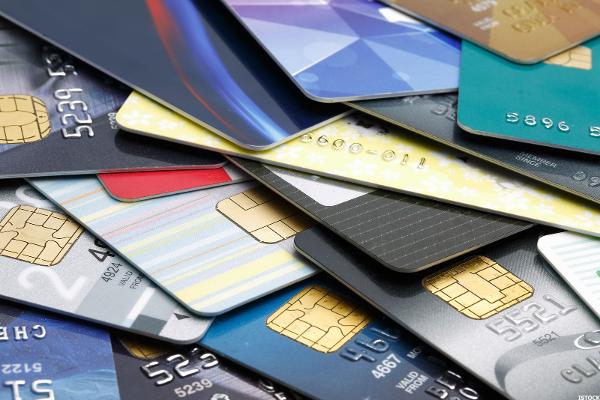Having the best credit standing is achieved by following the proper rules in regards to managing the personal finances and avoiding the most common mistakes people make with their credit card accounts.
Here are 5 credit card mistakes that must be avoided at all costs:
1. Don’t Look Solely at the Freebies
While many might be inclined to accept a credit card for the associated freebies (travel points, frequent flier miles, case-back reward, etc.) this isn’t always a wise idea unless the actual credit card is a great deal.
It can be difficult to determine whether or not the existing credit card gives a good deal. Look at the T&C and interest rates to judge the attractiveness of the credit card and not the incentives offered for using this card at the local stores or gas station.
For instance, it might seem appealing to get several hundred free points for using the card, but any potential benefits of those points are soon outweighed if you are paying a high annual fee or inflated interest rate.
2. Keep Credit Card Debts Low
Overspending on the credit card can have two significant downsides: hurting the credit rating and building up unwanted debt. The credit card balance and limit can both influence the personal credit score. To maintain the best possible FICO or VantageScore rating, which is in the region of 760-859 points, aim to keep the outstanding debts on the card at no more than 10 percent of the total credit limit.
The higher the debt on the credit card the greater the negative impact it will have on the credit score. The credit health is most noticeably impacted when more than 50 percent of the total credit limit is used. For instance, a credit limit of $5,000 will start to receive a hit on the FICO rating when there is an outstanding balance of $2,500 or more on the card. In view of the painful events of the last credit crunch it is ever more important to avoid charging too much on the cards.
Banks are increasingly aware of consumer debt and invest more time in making sure to monitor repayment patterns. If the lenders start to believe card charges are excessive or paying too little back, there is a high chance of action being taken on the account such as an increase in the interest rate or even to have the account closed entirely.
3. Closing Old Accounts
Many consumers believe that closing out an old account that had its outstanding balance paid off can help the process of raising the credit rating. In fact, this isn’t the best cause of action and is generally advised against. Closing an old account can have a negative impact because about 15 percent of the overall credit score relates to the long-term history of the different accounts.
4. Prudent Credit Card Acceptance
For those with past debt and financial issues, it might be appealing to just apply to the first credit card offer that is received online or in the mail. But, this is not a recommended course of action.
Whenever possible, it is best to avoid taking up an offer for a subprime credit card. Many of these cards have exorbitant fees and interest rates. While it might be possible to get accepted for a subprime card with a $250-$500 limit, their interests rates can be in the region of 25 percent plus, while high miscellaneous fees can also apply.
So, before the credit card has even been used you are already in debt. An alternative is to look at the availability of secured cards which are a useful option to help in the process of rebuilding a healthy credit profile after severe financial difficulties like a bankruptcy. It is best to start small after a bankruptcy and a secured card is one of the most attractive options, and relies on you putting in a certain sum into the account.
The amount used to open the secured card, for example $750, is the figure that sets the spending limit on the account. By making regular monthly and timely repayments, it is possible to slowly improve the credit history and have the profile that is credit worthy. Over time it will be possible to apply to the more attractive credit card offers.
Plus, other concerns with credit are the store cards associated with a favorite clothing or electronics retailer. While they may give a small percentage discount on purchases, there is a great risk of high interest costing more in the long-term.
Also, the process of applying for several store cards can leave marks on the credit profile which has the potential to lower the score. Interest rates aren’t attractive either with many cards holding an interest rate of 21% or more, which is a lot more than the mainstream credit providers like American Express, Discover, MasterCard, and Visa.
5. Poor Management of Balance Transfers
While it might put a smile on your face to receive a balance transfer offer online or through the door, it isn’t generally advisable to simple dive straight in and accept all offers. If the transfer of credit card balance isn’t done in the proper manner it can cause a variety of issues. For instance, it isn’t a good thing to immediately close down the old credit cards (see reasons above). Plus, avoid using the new card too aggressively, which take its toll on the credit score.
Before proceeding with the balance transfer make sure to read and understand the applicable fees. This usually relates to a 2 or 3% charge for the initial transfer of balance and the period the low promotion rate lasts. Also, the use of the balance transfer cards should be limited to once or twice every 12 to 18 months.
If you are struggling with your credit card payments, call us today to schedule a free review of your current finances.

